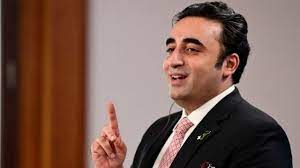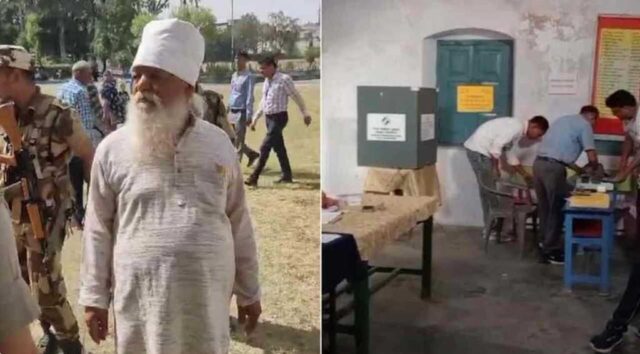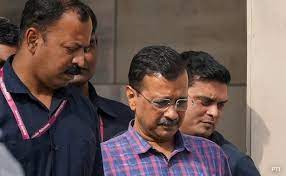What Pakistani experts are saying on Bilawal Bhutto’s controversial comment on PM Modi

After the assassination of mother Benazir Bhutto on December 27, 2007, Bilawal Bhutto was declared the successor of the Pakistan People’s Party. At that time, Bilawal was only 19 years old and was pursuing his graduation in History at Christ College, Oxford University.
In 2009, Bilawal was made part of the Pakistani delegation to a US-Pakistan-Afghanistan conference. Then his father Asif Ali Zardari was the President of Pakistan and Bilawal was 21 years old. Bilawal had no experience in diplomatic affairs, apart from being part of this international delegation before becoming the foreign minister.
Bilawal was given the Ministry of Foreign Affairs in Shahbaz Sharif’s government when it was being said that Pakistan is in the most difficult phase in terms of international relations, the reins of the Ministry of Foreign Affairs have been handed over to a person who has no experience.
When Bilawal was made foreign minister, Pakistan’s English newspaper ‘The Dawn’ wrote, “Young Bilawal is being compared to his maternal grandfather Zulfikar Ali Bhutto. Zulfikar Ali Bhutto was also Pakistan’s foreign minister from 1963 to 66. But Will the young Bilawal be able to give Pakistan the much needed status in international politics?”
Later Zulfikar Ali Bhutto became the President of Pakistan and then the Prime Minister. It has been only eight months since Bilawal Bhutto became the Foreign Minister and serious questions are being raised about the controversial remarks he made on Friday about the Prime Minister of India, Narendra Modi.
How are the people of Pakistan viewing Bilawal’s remarks?
How should Bilawal Bhutto’s controversial comment on Prime Minister Modi be viewed? Would a mature diplomat have given a similar answer? Abdul Basit, who was Pakistan’s High Commissioner to India, does not see this as a mature and sensible comment.
He said in his video blog, “I do not consider it right in the mirror of diplomacy. It is not considered right in diplomacy for the Prime Minister, the President and the Foreign Minister to say this. Should I say it or if a common man says it, it goes well.” Because people say in an impulse, but it is not right for the foreign minister to go to this level.”
Abdul Basit says, “Imran Khan also used to call Modi a fascist and even then I did not support it. It is not appropriate at that level. If Bilawal had decided that he had to answer Jaishankar, he would have one thing to say. There is a way. It is not necessary that you say everything to yourself. There are thousands of ways to say it.”







